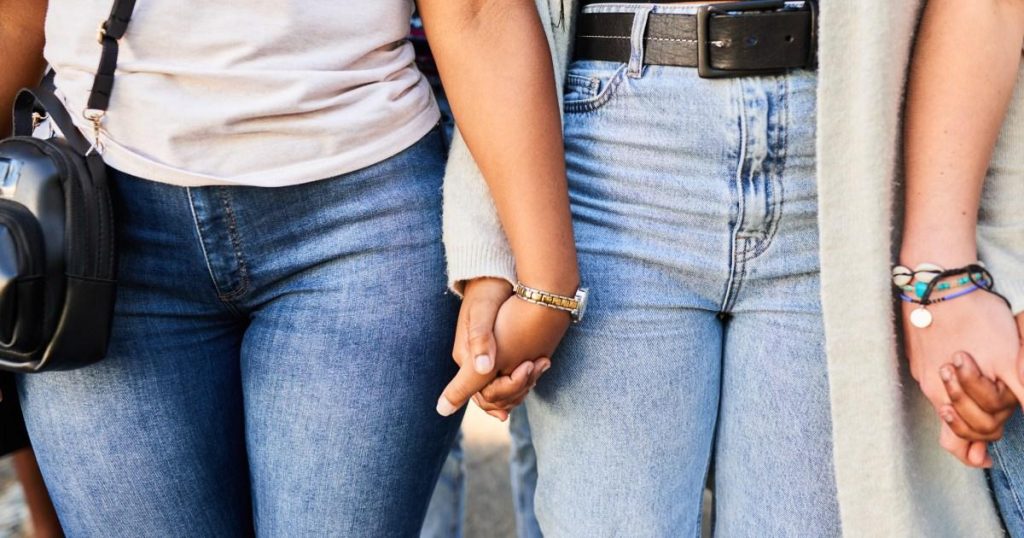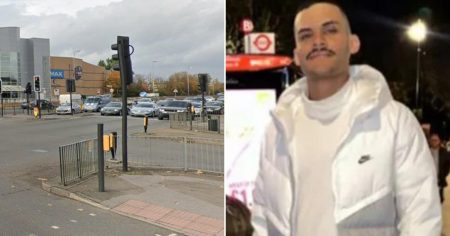The Ongoing Epidemic and the Fight for Change: Violence Against Women in the UK
The grim reality of violence against women in the UK is undeniable. The Femicide Census reports a woman killed by a man every three days over the past decade, highlighting the urgency of addressing this pervasive issue. Names like Wendy Francis, Rachel McDaid, Tara Kershaw, and Sarah Mayhew represent just a fraction of the lives tragically lost this year alone. While the statistics paint a bleak picture, it’s crucial to acknowledge the progress made in combating gender-based violence, thanks to the tireless efforts of charities, campaigners, and activists. Just two decades ago, marital rape was legal, demonstrating how far society has come in recognizing and criminalizing such acts. More recently, non-fatal strangulation and coercive control have been recognized as distinct offenses, further strengthening legal protections for women. This progress reflects a growing public awareness and a collective demand for systemic change.
Metro’s "This Is Not Right" Campaign and the Power of Storytelling
In November 2024, Metro launched "This Is Not Right," a year-long campaign dedicated to exposing the relentless epidemic of violence against women. This initiative aims to illuminate the sheer scale of the problem through impactful storytelling, bringing individual experiences to the forefront. Partnering with Women’s Aid, the campaign seeks to engage and empower readers, fostering a sense of shared responsibility in tackling this critical issue. By providing a platform for survivors to share their stories and offering resources for support and information, "This Is Not Right" acts as a catalyst for change, driving conversations and demanding action.
Landmark Moments in the Fight Against Gender-Based Violence
Several pivotal moments have propelled the movement against violence against women forward. The #MeToo movement, founded by Tarana Burke in 2006 and amplified by Alyssa Milano’s 2017 tweet, became a global phenomenon. This movement empowered survivors to come forward with their stories, challenging the culture of silence and holding perpetrators accountable. It marked a shift away from victim-blaming, creating a space for women’s voices to be heard and believed. The Rape Review, published in 2021, addressed the systemic failures within the criminal justice system that often let down rape survivors. This review led to initiatives like Operation Soteria, aimed at improving police investigations and increasing the number of rape cases reaching charge. While challenges remain, Operation Soteria represents a significant step towards a more just and survivor-centered approach.
The Domestic Abuse Act 2021 introduced crucial legal protections for survivors, criminalizing post-separation coercive control, non-fatal strangulation, and threats to share private sexual images. The act also removed the "rough sex" defense in cases of death or serious injury, recognizing the inherent power imbalance in such situations. Furthermore, it addressed practical barriers faced by survivors, such as the cost of obtaining medical evidence for legal aid applications and the need for safe accommodation. While the act has been lauded as a landmark achievement, advocates highlight the need for further action, particularly in protecting migrant women who face unique vulnerabilities due to their immigration status.
Political Commitments and the Path Forward
The UK Labour Party’s pledge to halve violence against women and girls within a decade represents a significant political commitment. This ambition, though challenging, has been welcomed by campaign groups and charities as a concrete, measurable goal. Subsequent announcements, including Raneem’s Law and measures requiring perpetrators to disclose changes in their identity or location, demonstrate tangible steps towards realizing this commitment. These actions signal a growing recognition of the need for a comprehensive, multi-agency approach to tackling violence against women.
Continuing the Fight: Funding, Education, and Systemic Change
Despite the strides made, much work remains in the fight to end violence against women. Adequate funding for women’s services is critical. Women’s Aid calls for at least £516 million annually to adequately support specialist services providing essential support to survivors. Challenging societal attitudes and promoting gender equality are crucial. Open conversations about violence against women and highlighting survivor experiences are essential in dismantling harmful stereotypes and fostering empathy. Protecting human rights across the board is paramount. Legislation that restricts the right to protest and creates a hostile environment for migrant women undermines efforts to protect all survivors. Finally, a whole-system response is needed, involving collaboration across government departments, education, public campaigns, and specialist services. This comprehensive approach is essential in addressing the root causes of violence against women and creating a society where all women and girls are safe.











